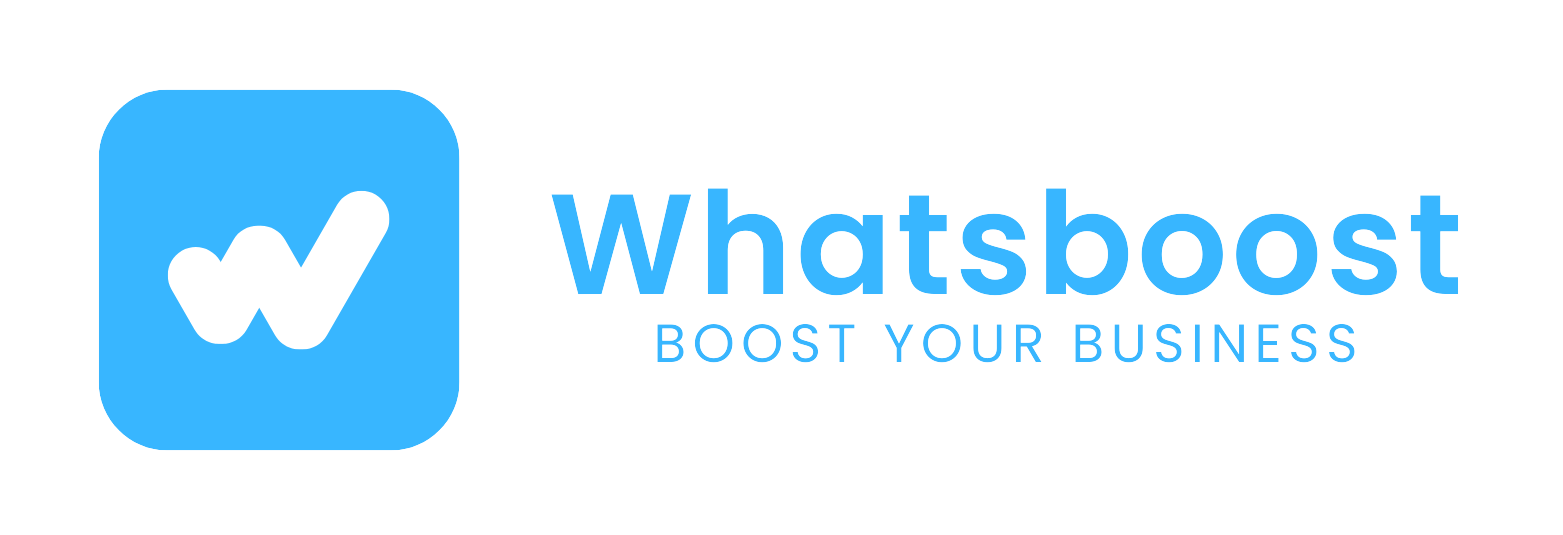
Why WhatsApp Chatbots Are a Game-Changer for Sales & Marketing Strategies
Discover how WhatsApp chatbots can transform your sales and marketing efforts, offering instant responses, automation, and personalized interactions. Learn the benefits, challenges, and use cases of WhatsApp chatbots.
Why WhatsApp Chatbots Are Key to Sales and Marketing Strategies
Table of Contents
- The rise of WhatsApp as a customer-preferred channel
- What are WhatsApp chatbots?
- How do WhatsApp chatbots work?
- Benefits of WhatsApp chatbots
- Challenges when using WhatsApp chatbots
- WhatsApp chatbots use cases
Close your eyes and think about the number of notifications, updates, calls, and messages you and your customers receive every 30 minutes. Overwhelming, right?
This is the "attention economy" at play—a term coined by American political scientist Herbert A. Simon. In today’s fast-paced digital world, customers expect instant responses. As attention spans shrink and AI technologies improve, marketers and sales professionals face a pivotal challenge: “How can I capture the attention of potential customers?”
WhatsApp chatbots provide a solution. These AI-powered tools can cut through the noise and offer the instant, personalized interaction your customers crave.
By integrating WhatsApp chatbots into your sales and marketing strategies, you can not only keep up with competitors but actively capture attention in a world where, as Samuel Johnson said, "The true art of memory is the art of attention."
The Rise of WhatsApp as a Customer-Preferred Channel
The digital wave has changed the way businesses engage with customers. Websites gave way to mobile apps, and now consumers prefer a mobile-first communication experience that doesn’t take up storage. Businesses are competing to provide instantaneous responses to stand out in crowded markets.
Messaging apps, particularly WhatsApp, are key to this evolution. Here’s why:
- WhatsApp is the most widely used messaging app globally, with nearly three billion users across 180 countries.
- It has an impressive 98% open rate, surpassing email and SMS.
- In 2023, users spent an average of over 30 minutes per day on WhatsApp.
- Over 140 billion messages are exchanged daily on the platform.
Given these statistics, businesses are turning to WhatsApp. Using WhatsApp chatbots combined with AI-driven automation, companies are solving challenges while significantly boosting marketing, sales, and customer satisfaction rates.
What Are WhatsApp Chatbots?
WhatsApp chatbots are automated conversational agents that interact with users on WhatsApp. When programmed well, they can:
- Engage in human-like conversations
- Provide real-time responses with no limit
- Share various message formats (text, images, videos, buttons, and voice)
If you’ve used WhatsApp to book appointments or receive service updates, you’ve likely encountered a WhatsApp chatbot.
How Do WhatsApp Chatbots Work?
A WhatsApp Business API account is required to run chatbots for business purposes. You can either build a chatbot from scratch or partner with a WhatsApp marketing software provider.
There are two main types of chatbots:
- Rule-based chatbots: These use "if this, then that" logic to respond to queries.
- Advanced chatbots: Powered by natural language processing (NLP) or large language models (LLMs), these chatbots can understand user queries, retrieve relevant data, and provide real-time answers.
Benefits of WhatsApp Chatbots
WhatsApp chatbots offer numerous benefits, including:
- Human-like Interaction: Chatbots can closely mimic human conversations.
- Always Available: Chatbots work 24/7, providing customer support anytime.
- Cost-effective: Automating customer interactions reduces the need for additional staff.
- Efficient: Chatbots handle routine inquiries, freeing up your team for more complex tasks.
- Continuous Learning: Chatbots learn from interactions, improving over time.
Challenges When Using WhatsApp Chatbots
Like any tool, WhatsApp chatbots have limitations:
- Not Fully Automated: Human intervention may still be required for complex issues.
- Security Risks: Chatbots can be targets for cyberattacks, necessitating robust security measures.
- Limited Understanding: Some chatbots may struggle with vague or complex queries.
- Message Length Constraints: WhatsApp imposes message length limits that can hinder chatbot responses.
WhatsApp Chatbot Use Cases
WhatsApp chatbots are versatile and can support multiple business functions, including:
Marketing
WhatsApp chatbots can act as lead magnets, helping you qualify prospects. By using QR codes, Meta ads, or website widgets, you can initiate conversations with potential customers. Chatbots can also automate follow-ups, send personalized offers, and deliver updates.
Sales
After qualifying leads, WhatsApp chatbots guide prospects through the buyer’s journey, providing product information, answering questions, and facilitating orders. They can also manage event registrations, RSVPs, and send real-time updates.
Customer Service
Chatbots can serve as the first point of contact for customers, automating common inquiries, sending order updates, and resolving simple issues. They can even gather customer feedback and help with upselling and cross-selling opportunities.
Industry-Specific Use Cases of WhatsApp Chatbots
WhatsApp chatbots have diverse applications across various industries:
- Education: WhatsApp chatbots manage admissions and sales processes for educational institutions.
- Healthcare: Hospitals use WhatsApp chatbots to schedule appointments and share test results.
- Travel & Hospitality: Vehicle rental services automate driver verification with WhatsApp chatbots.
- Banking & Insurance: Insurance companies use chatbots to track interactions, generate leads, and improve customer satisfaction.
- E-commerce: Online retailers use chatbots to assist customers with their purchase journeys.
- Real Estate: Chatbots help real estate companies capture leads and nurture customer relationships.
Sell Me WhatsApp Chatbots
WhatsApp chatbots are perfect for businesses looking to scale marketing, sales, and customer service efforts while reducing costs. Though the initial setup may require significant resources, the long-term benefits make it worthwhile.
If your business is rapidly growing and needs cost-effective solutions to engage customers, WhatsApp chatbots may be the tool you need to stay ahead of the competition.
